My Research
Advised by Michael Wellman at the University of Michigan, I am interested in reinforcement learning, multi-agent systems, game theory, and everything in between.
Advised by Michael Wellman at the University of Michigan, I am interested in reinforcement learning, multi-agent systems, game theory, and everything in between.
Lots of exciting things are to come at the moment. Will keep this place open for updates!
My research targets several facets that enable multi-agent learning systems to be more readily assimilated into the real world: scalability, efficiency, and safety.
Grateful to have been formally advised by Ronald Fearing at UC Berkeley, lead me to University of Michigan's Strategic Reasoning Group led by Michael Wellman.
University of Michigan, Ann Arbor (2022-Present)
Doctor of Philosophy (Ph.D.) in Computer Science Engineering
Michael Wellman - Strategic Reasoning Group (2022-Present)
University of California, Berkeley (2017-2021)
Bachelor of Arts (B.A.) in Computer Science
Ronald Fearing - Biomimetic Millisystems Lab (2019-2021)
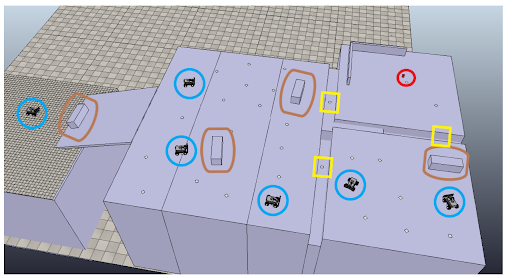
For my undergraduate thesis, I devised a distributed, hierarchical method for multi-agent path-finding with environment modification, inspired by how ants coordinate in a decentralized manner through pheromones.
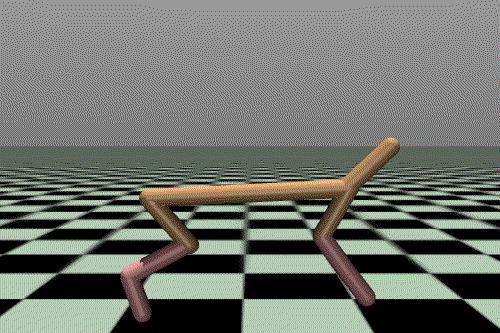
A good friend and I collaborated in adapting an offline RL algorithm for online contexts that leveraged the powerful representation capabilities of the transformer architecture. Definitely a fun one with pretty good results.
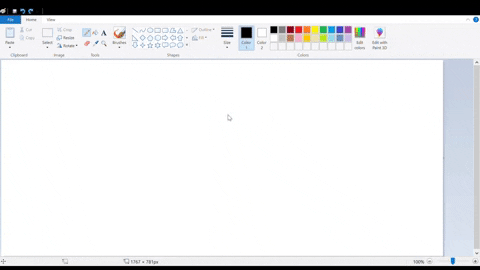
Super random, fun personal project that taught a machine learning algorithm to automatically reconstruct any given image using MS paint. COVID-19 and boredom can really do a lot sometimes.
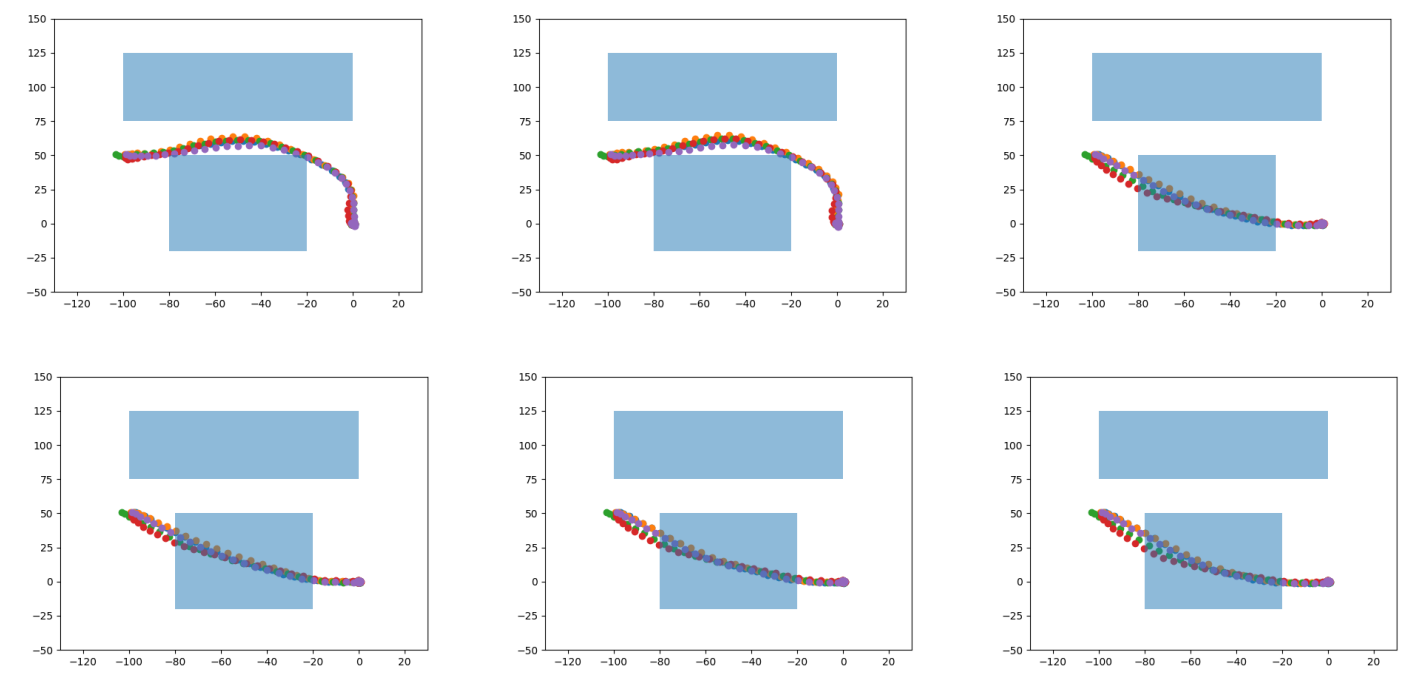
A group of friends and I collaborated on a class project to design an RL agent that optimized for its worst-case scenarios. Instead of its average utility, it conservatively optimized its bottom percentile loss.
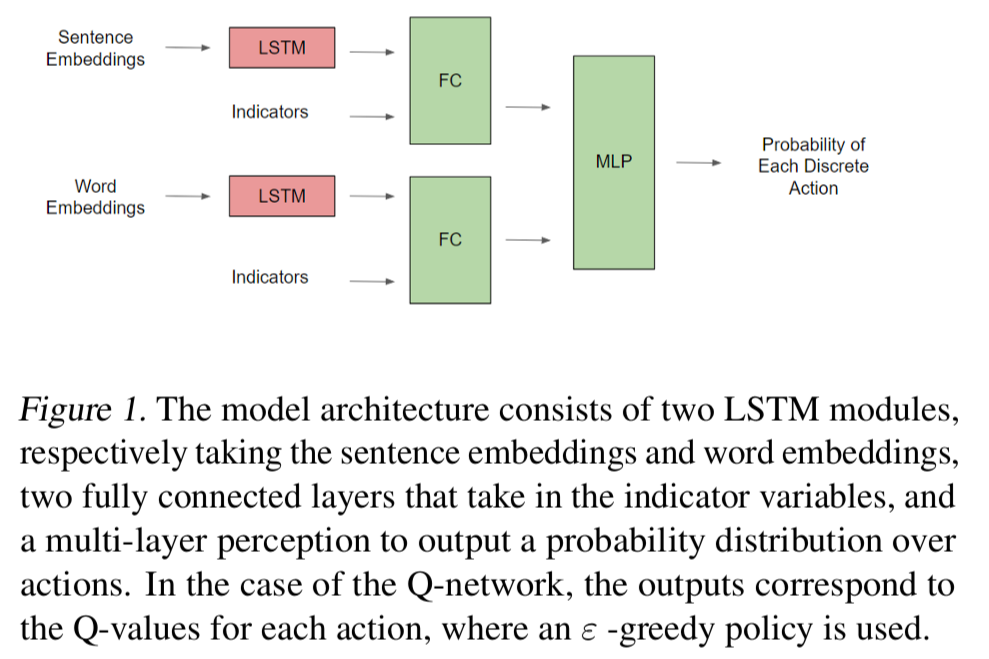
We designed an ML agent that could take input texts and would [ideally] fool state-of-the-art classification models by using RL-based word swap methods.
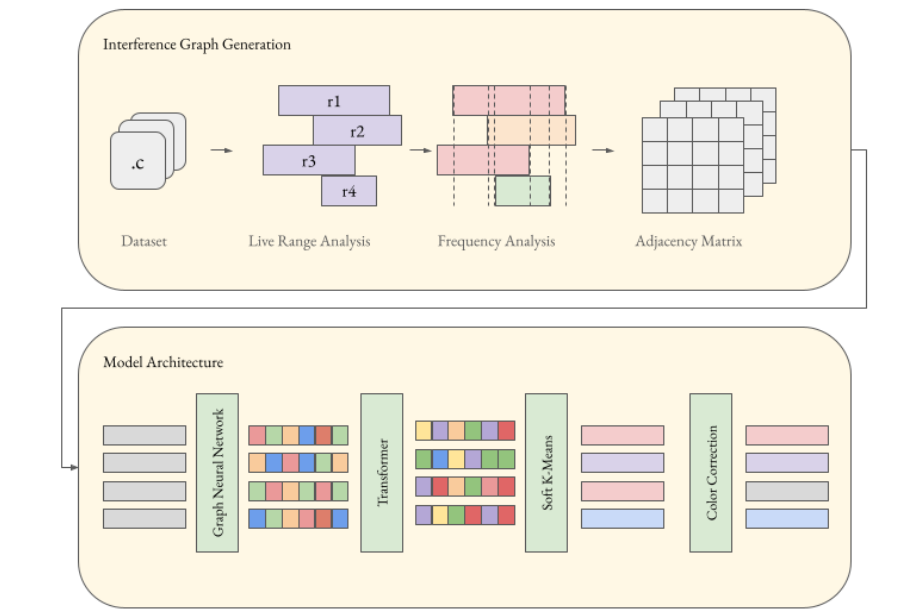
We formulated a way to use graph neural networks (GNN) to address the register allocation problem: mapping virtual registers to physical registers in compiler systems. I worked on the compiler side of this project while my peers did a fantastic job designing an ML algorithm to address the problem.
2024-2025: CSE Graduate Department Recruitment Chair
Fall 2024: CSE 498/598 (Reinforcement Learning) Graduate Student Instructor
May 2022: National Science Foundation Graduate Research Fellowship
May 2021: UC Berkeley EECS Honors Program
Fall 2020: CS189 (Machine Learning) Teaching Assistant